An Interview with Reena Esmail, Composer of "We Are Love"
The Washington Chorus, in collaboration with Wolf Trap, is proud to be producing Joyfully Together, a vocally-powered community event that celebrates the power of singing. Joyfully Together is coming to Wolf Trap’s Filene Center on September 18th at 5pm. Tickets on sale now for as low as 10$
Today we had the pleasure of sitting down with Reena Esmail, who is the composer of “We Are Love,” a world-premiere piece commissioned by TWC for this very concert. Reena collaborated with poet Melissa Studdard to write this piece that reflects the themes of unity and community.
Tell us Reena, how did the concept for “We Are Love” come to you? Where did the idea begin?
When it's choral music that I’m composing, I usually start with the text. “We Are Love” is one of these unusual but beautiful times where the idea for the piece came from Eugene and Melissa.
They had already conceived of a piece about joy and connection. And Melissa had already written a sample text for the piece.
And it's incredible because oftentimes as composers, we use words from poets who are dead, or we use pieces by living poets that are already finished. It's rare that we get to collaborate so directly with a living poet.
In this case, Melissa came to Los Angeles and we spent this long, wonderful day together. At the end of the day, we sat down with a couple glasses of wine in Highland Park, and we talked about the idea of having this back and forth between choirs that are trained in different ways.
We did this in this series of sentences where the beginning of the sentence would be in one choir, and the other choir would complete that sentence.
If you're in the community chorus, you need to listen to the professional chorus to set you up for your next line and vice versa. The communication between choirs and reliance on others serves as a reminder to both the audience and the choruses that we are stronger together.
When did you realize that you want to be a composer?
I was probably 17. I went to an arts high school because I wanted to become a pianist, and while I was there my teachers realized that I was wired like a composer. They put me into a Friday elective composition class and, as they say, the rest is history.
I think if you had looked back at my childhood, it would have been quite obvious that I should have been a composer. If I heard a piece of music I liked and I couldn't find the sheet music for it, I would just transcribe it out myself from the recording. And I love doing things like that, it still brings me a lot of joy.
Do you have a particular piece of music or an artist that you would point to as what inspired your passion for music?
I grew up Catholic, so we would go to midnight mass every year. And one of my favorite things was listening to the carols before mass started, but there was always this one carol that resonated with me on a different level. It was Morten Lauridsen's O Magnum Mysterium.
The piece had this feeling of both being so harmonically fresh, but somehow also had a sense of being timeless, so much so that I thought it was just a standard older carol.
I still sometimes listen to this piece over and over because it remains me of being enveloped in warmth. There’s something about those lush, intimate harmonies that makes me feel a little bit less lonely.
What I didn’t realize until I grew up was that the choir director at my church was also the conductor of Los Angeles Master Chorale. His name was Paul Salamunovich, and he was the very same person who had commissioned Morten Lauridsen to write O Magnum Mysterium.
You can imagine how honored I am that I now hold the same position at Los Angeles Master Chorale that Morten Lauridsen held when he wrote the piece.
Paul Salamunovich, the long-time conductor of the LA Master Chorale.
Morten Lauridsen, composer of “O Magnum Mysterium”
What do you hope that listeners walk away with after hearing your music?
I hope that people walk away with a sense of deep connection to people who are different than they are in many ways.
It’s important that we all see things from different perspectives to be able to use our particular set of knowledge to add to this multiplicity of perspectives that that we can use to create a richer society.



